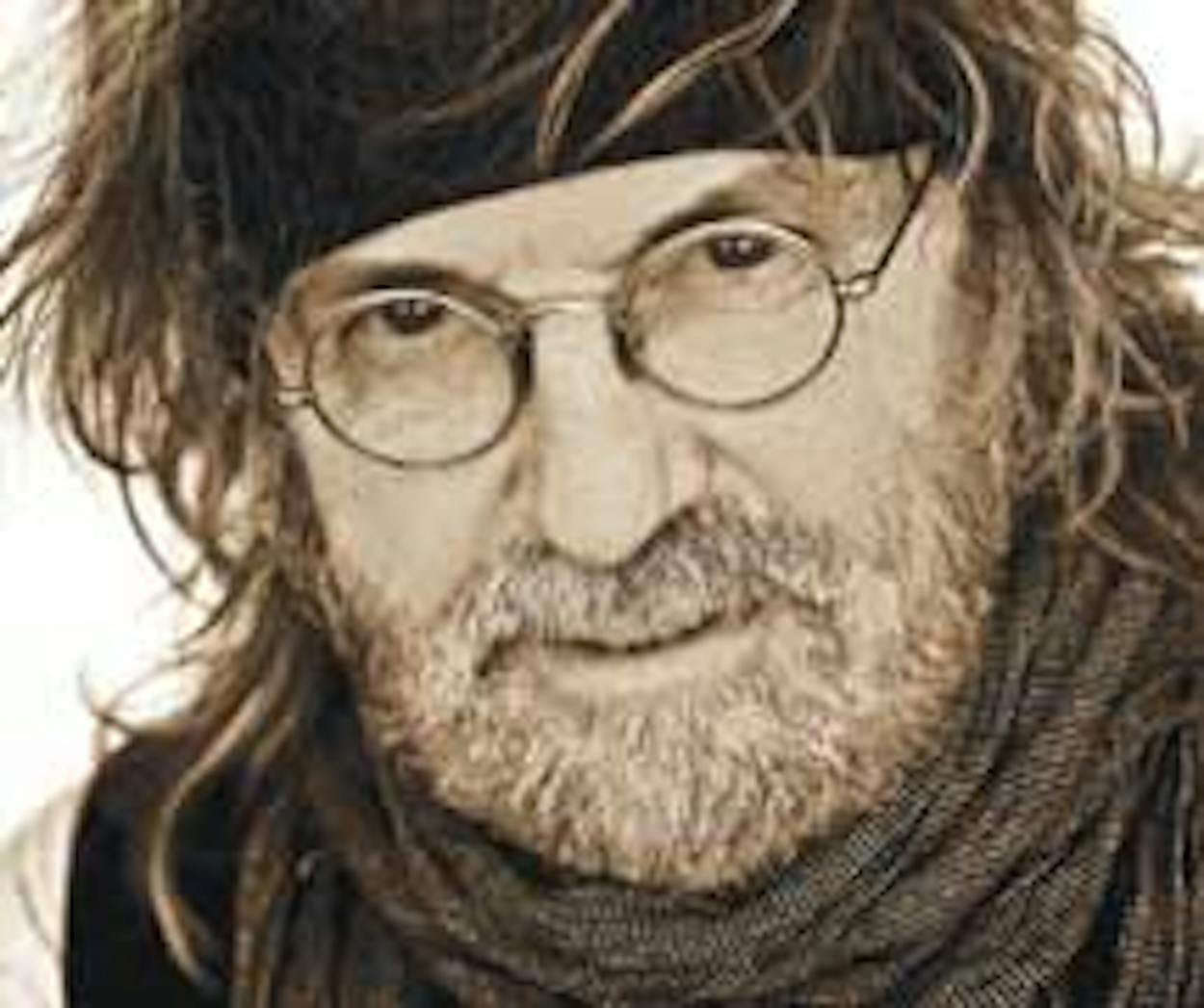The Dallas-raised songwriter first made a name for himself by penning “Up Against the Wall, Redneck Mother,” which Jerry Jeff Walker recorded in 1973 on Viva Terlingua. But he then struggled with alcohol, drugs, and relative obscurity until the nineties, when his album Loco Gringo’s Lament (1994) launched a string of acclaimed recordings. At 63, he’s just released his latest, A. Enlightenment B. Endarkenment (Hint: There is No C) (Bordello).
You started recording right out of high school, right? I was in a folk group called Three Faces West, but my own first album was the unfortunate Ray Wylie Hubbard and the Cowboy Twinkies [1975].
Why unfortunate? The progressive country thing was exploding in Austin at that time, and everybody was getting record deals. We made this album, and the label said, “Country radio isn’t going to play this.” So they put girl singers and steel guitars on all the tracks, put rope letters on it—it was heartbreaking. I remember listening to it with the band in our van, and my mom came walking up the driveway. We were there with tears in our eyes, and she goes, “What are you doing?” And we say, “We’re listening to our new album.” [laughs] And how can you tour for an album you hate? We waited out the contract for five years, and by that time the movie Urban Cowboy had come along and ruined things. It wasn’t about the music anymore; it was about line dancing and mechanical bulls. I did some other projects then—but to jump over a really uncreative period in my life, I got sober when I was 41, and I feel like my first real record was Loco Gringo’s Lament. That was the first record where I could hand it to someone and look them in the eye.
Yet your name was out there early for the hit on Jerry Jeff Walker’s album. Was it a mixed blessing to be known for “Redneck Mother” and not much else? For some reason Jerry convinced his record company to leave the introduction—“This song is by Ray Wylie Hubbard”—on there. The song was crazy wild, and the problem with irony is that not everybody gets it. I was a folk singer, and I had these other songs, but when I’d go to clubs, they’d say, “Play ‘Redneck Mother.’ ” I’d play it and introduce another song, and they’d say, “Play ‘Redneck Mother’ again.” It was a strange time, because it was the only thing I was known for, and then the Twinkies album came out and we couldn’t really tour to support it. I remember asking my attorney what I could do about how the label had treated it, and he said, “Well, I suggest you start drinking, ’cause there’s nothin’ you can do.” So I did, for about the next twenty years.
Was it getting sober that made you more serious about recording? I had burned a lot of bridges and didn’t have a career. But I wanted to be a real songwriter. Someone gave me Letters to a Young Poet, and there was this line about our fears being like dragons guarding our most precious treasures. I decided to overcome my fear of embarrassment and take guitar lessons at age 41 to learn how to fingerpick, and that opened all sorts of doors.
Your records have become darker over time, and this new one is steeped in country blues and gospel. That’s the idea of the title. My label, my wife, and my publicist all said, “You can’t call it that.” But it’s where I am right now; I’m aware of seeing both darkness and light.
Where do these two sides of you come from? I don’t really know. As I’ve gotten older, spirituality has become very important. It’s because of my twenties and thirties, when I was in a fog: To have gotten pretty low and pretty dark, and then to have come back from the edge to live certain spiritual principles—all of it has made me aware of both sides.







